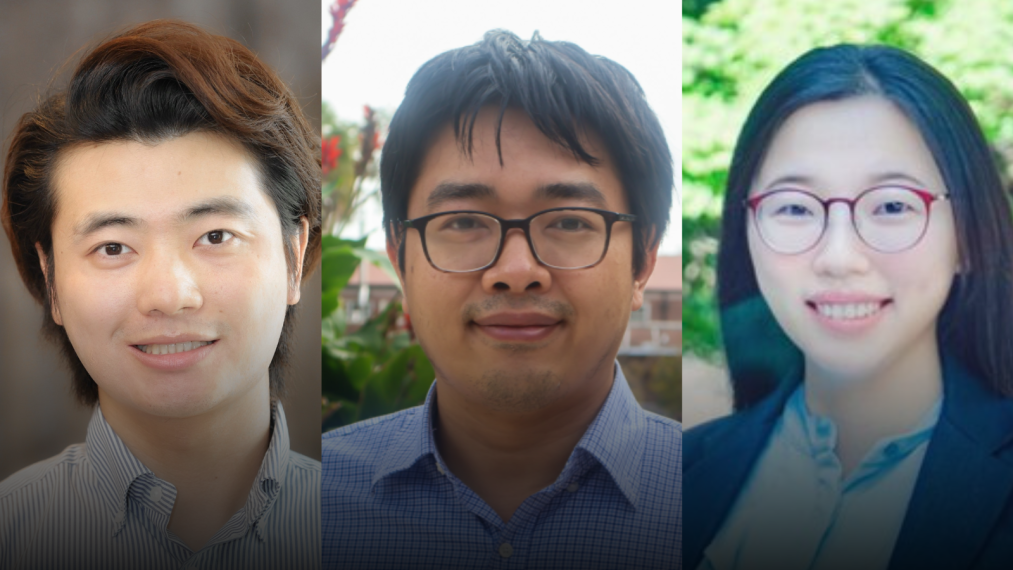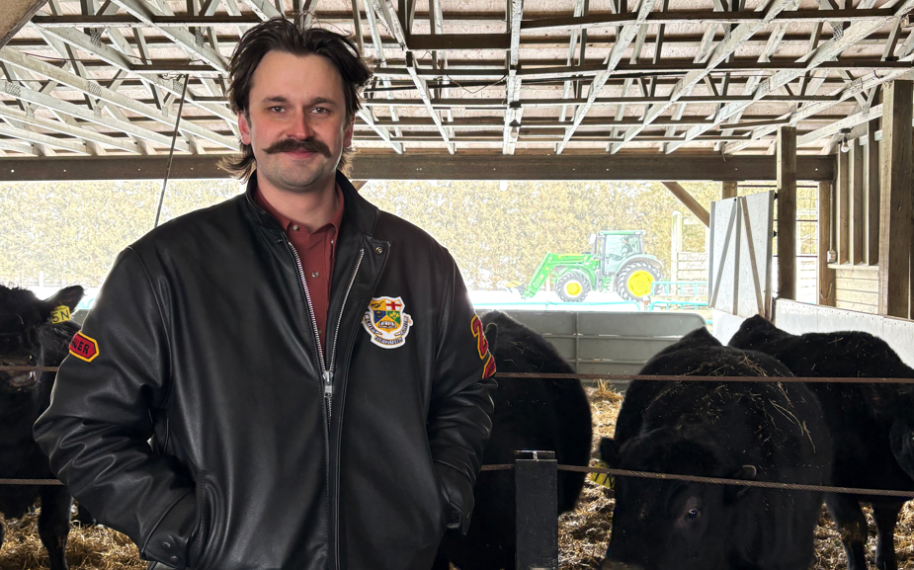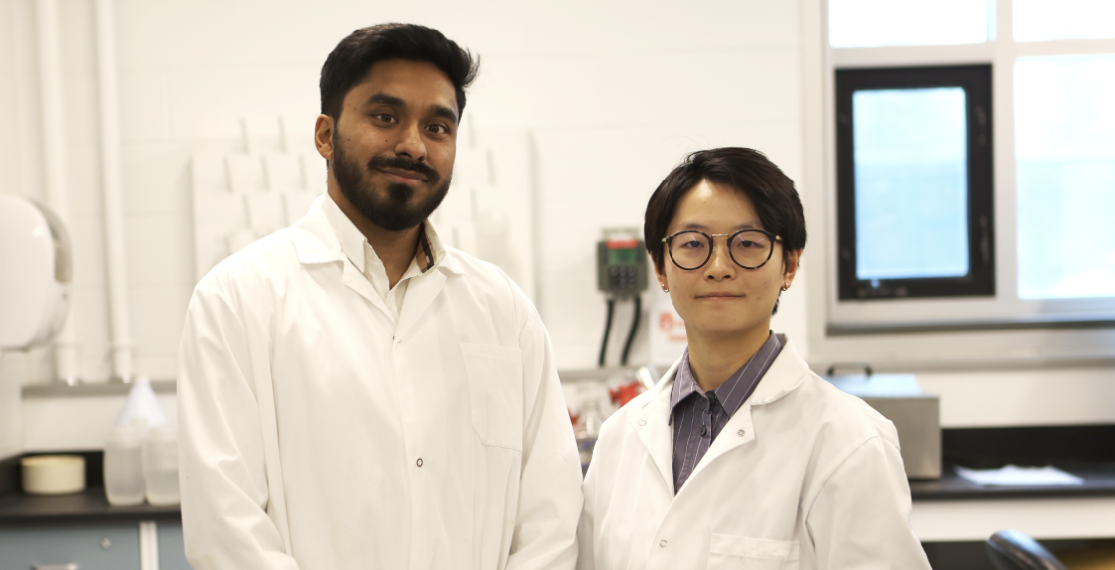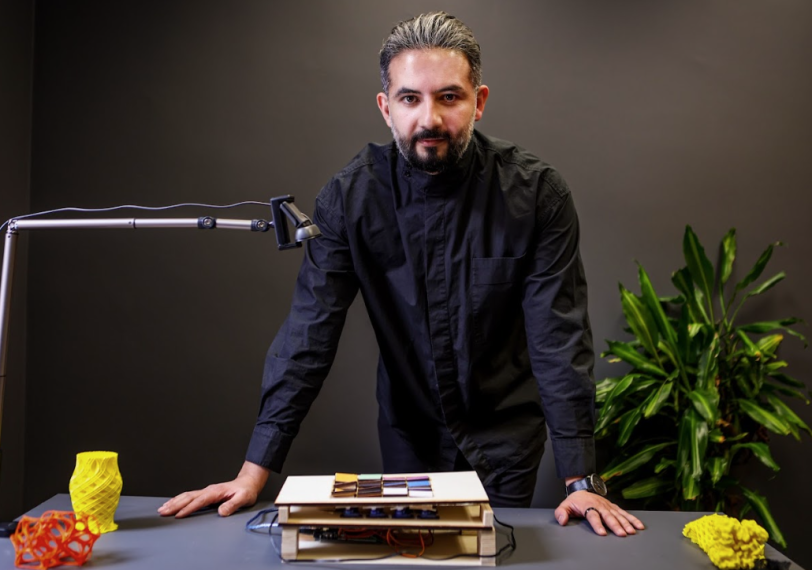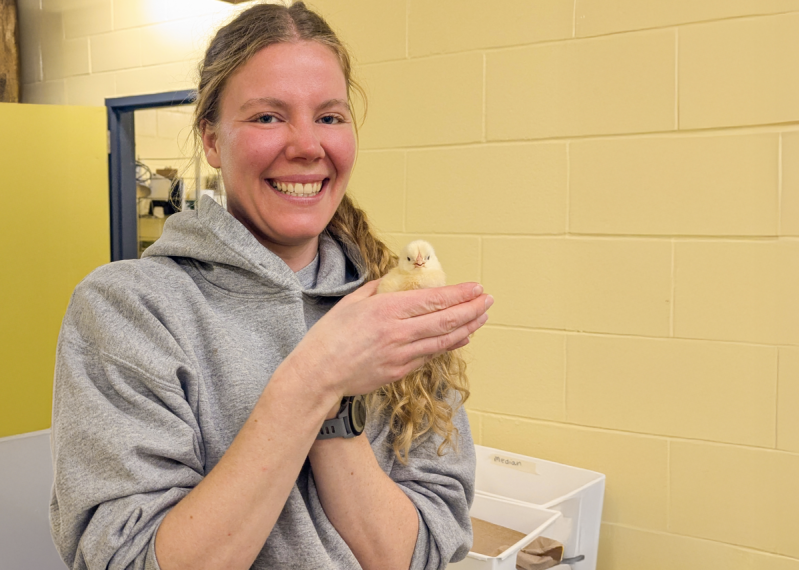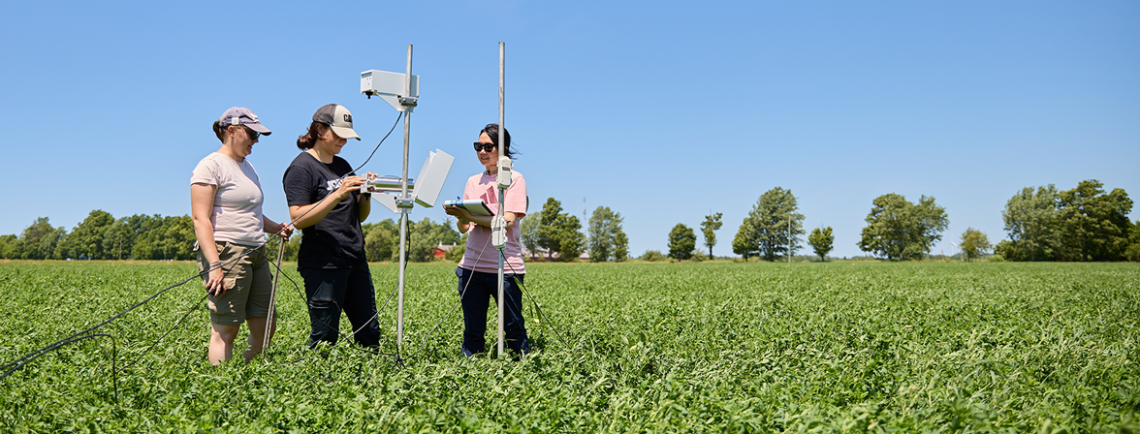
Online Agri-Food Learning Resource Now Available to OAC Students
Looking to brush up on your agri-food terminology? The Ontario Agricultural College has launched a new collaboration with UTENSIL, an online learning platform designed to support students prepare for careers in Canada’s agri-food sector.
